Bank of Ghana Responds to High Inflation and Cedi Depreciation with a 300 Basis Point Increase in the Policy Rate
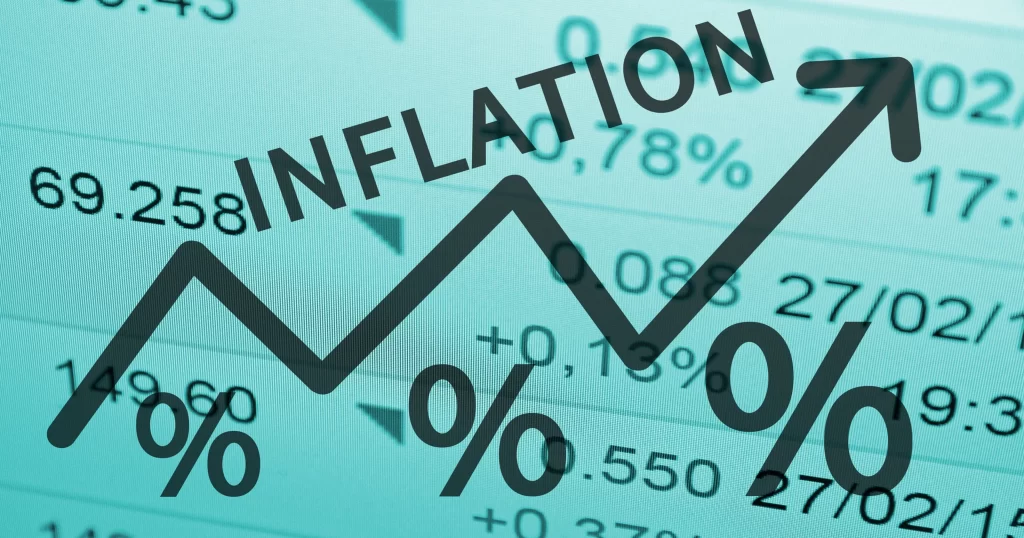
The Monetary Policy Committee (MPC) of the Bank of Ghana (BoG) on August 17, 2022, decided to increase the policy rate by 300 basis points to 22%. The decision at the extraordinary MPC meeting follows last month’s decision to pause on the recent interest hikes. In the MPC press release, the committee attributed the policy […]
Ghana’s inflation surges to 29.8% but the worst is yet to come

Data released by the Ghana Statistical Service (GSS) on July 13, 2022, indicate that the annual inflation rate increased to 29.8% in June 2022 from 27.6% recorded in May 2022. This is the highest level of inflation since December 2003, and almost 3 times the upper bound of the Bank of Ghana’s target range of […]
What an IMF Program Means to the Government of Ghana
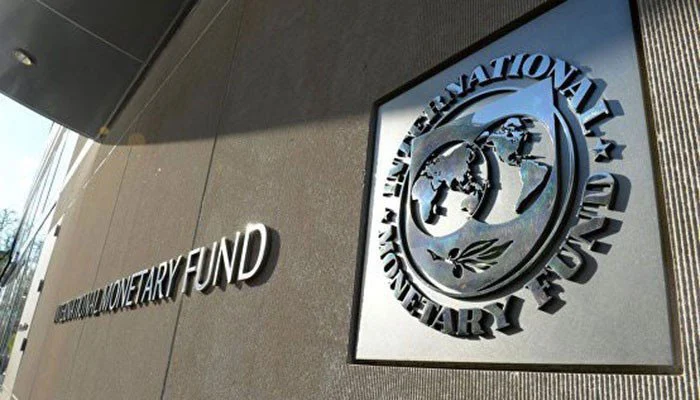
On Friday July 1, 2022, the president of Ghana authorised the finance minister Ken Ofori-Atta to commence formal engagement with the International Monetary Fund (IMF), inviting the Fund to support an economic program put together by the Government of Ghana. We, at Tesah Capital, expect the government to request for an Extended Credit Facility (ECF) […]
Artificial Intelligence and Machine Learning for Operational Excellence in Business: The Role of the Board of Directors

This article discusses how businesses can incorporate artificial intelligence and machine learning into their operations to improve business performance taking into consideration the role of the Board of Directors. What is Corporate Governance and the Role of the Board? Corporate governance refers to how companies are directed and controlled. The Board of Directors is at […]
Monetary policy rate must go up to deal with rising inflation and depreciation of the Cedi
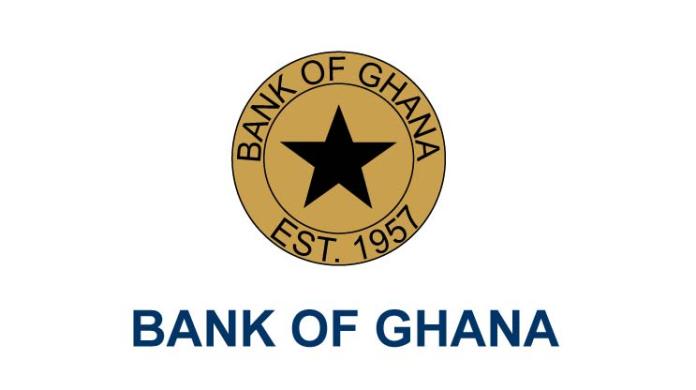
The 105th Monetary Policy Committee (MPC) meetings of the Bank of Ghana, will now take place a week earlier than scheduled, starting from Wednesday, March 16, 2022, to Friday, March 18, 2022. The Governor of the Bank of Ghana is therefore expected to address the press on Monday, March 21, 2022. In the last MPC […]
Budget 2022 and Ghana’s Public Debt: The Effect of E-Levy on Debt Sustainability
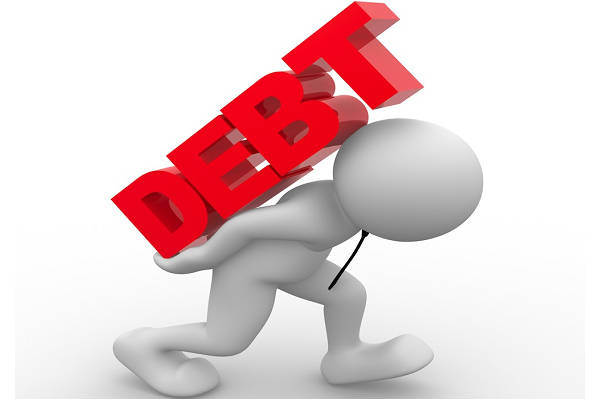
In the previous two parts of this essay, I discussed the governments plan to achieve debt sustainability by 2025 and the realism of this plan. Crucial to the plan is realising “oil discovery-like” change in revenue. I also argued that the plan is unrealistic, and the government of Ghana is likely to request for an […]
Budget 2022 and Ghana’s Public Debt: The Realism of the Plan to Achieve Debt Sustainability
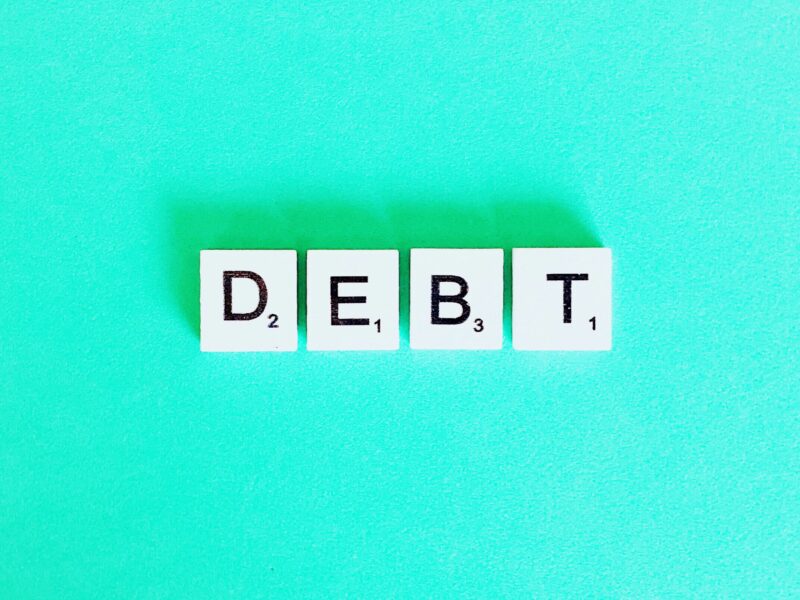
In the first part of this essay, I discussed the government of Ghana’s path to achieving debt sustainability by 2025 as presented in budget 2022. Crucial to the path is realising “oil discovery-like” change in revenue. In this part of the essay, I will discuss how realistic budget 2022 is in achieving less than 70% […]
Budget 2022 and Ghana’s Public Debt: The Plan to Achieve Debt Sustainability

Ghana’s parliament approved the 2022 budget on November 30th, 2021, reversing an earlier rejection by opposition lawmakers after MPs from the majority side staged a walkout. Budget 2022 has been the most contentious in recent history. At the center of the contention is the new 1.75% levy on all electronic transactions including mobile money (Momo) […]
2022 Budget: Projected 42.9% increment in revenue necessary for debt sustainability – Tesah Capital
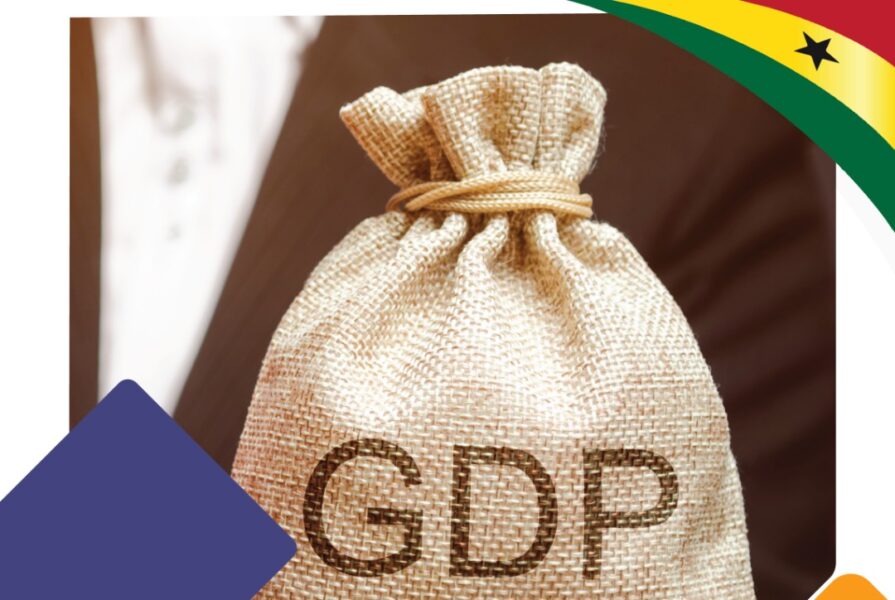
Asset management company, Tesah Capital, has described as bold and necessary for debt sustainability, government’s plan to raise GHS100.5 billion in total revenue for the 2022 fiscal year. Tesah Capital notes the projected revenue which represents a 42.9 percentage points increment (GHS30.5 billion) on the 2021 revenue outturn of GHS70.34 billion will increase the revenue […]

